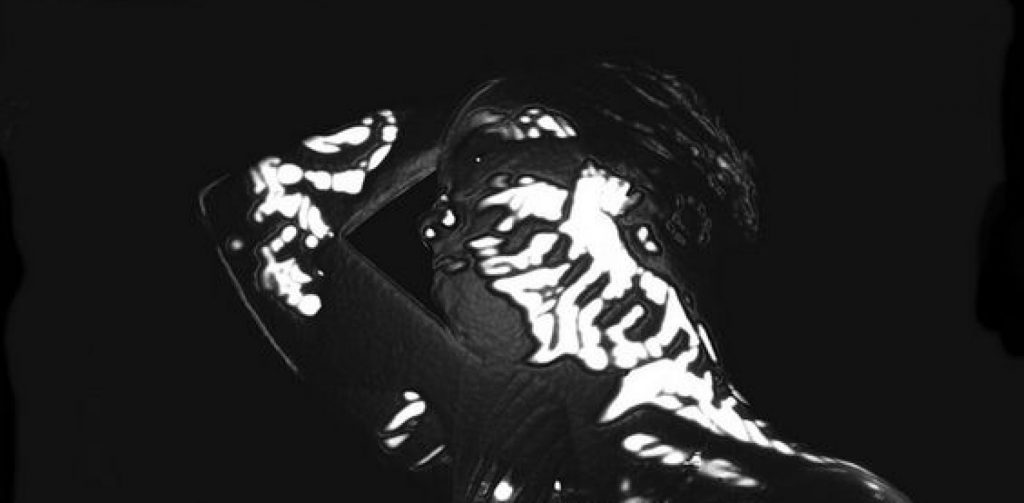I am a little nervous but excited to start this new unit, which builds on the content explored in earlier units like ‘Sonic doing and thinking’. Nervous because this seems like the most intense of all the units so far as it consists of a literature review (which I have never done before), a 4000 word essay and a research project proposal, as well as a creative sound piece related to the essay topic and supporting blog. It is a dense project with a lot of different elements so it is important that I balance each of them and manage my time well.
ANTHROPOLOGY OF THE SENSES –
Our first lecture focused on this idea of the western anthropology of the senses and how important it is to consider our assumptions when studying different cultures or subjects unfamiliar to us that derive from being conditioned to think in a way that only takes into consideration our western perspective. I read Constance Classen’s ‘Foundations for an anthropology of the senses’ article and picked out some quotes and excerpts that stuck out to me. Classen’s current research centres on the history of the senses in the West. She is the author of ‘Inca Cosmology and the Human Body’ (1993), ‘Worlds of Sense: Exploring the Senses in History and Across Cultures’ (1993) and ‘Aroma: The Cultural History of Smell’ (1994), cowritten with David Howes and Anthony Synnott.
My feedback from our previous assignment ‘Specialising and Exhibiting: Element 2’ was overall very good, but the one aspect of my work that I was told I need to improve on is my enquiry and knowledge. This is down to lacking the breadth of research in the subject matter I am focusing on and this has made me understand that it is vital for me to situate my work within a wider field of possibilities. Sometimes I feel that if I don’t initially understand something I tend to choose to not delve into it and take the time to fully comprehend it, which is certainly something that I need to do in this unit to do well, and also something that I think will benefit my critical thinking and ultimately my artistic voice. For this reason I am going to actively engage with all of the material so I can understand it and relate it to my work; anthropology is a good example of this as I don’t have too much experience in operating in this field.
I find it fascinating how Classen picks apart sensory perception and clearly explains how it is as much if not more a result of the society and culture we are a part of as it is a physical sensation. She points to our senses and how we perceive them being influenced by our mental conditioning based on our culture, for instance in western culture we are conditioned to think that touching people in any way is rude and invasive, whereas other cultures see this as respectful and it is much more commonplace. I can understand from this the level of critical thinking needed to put forward a strong and cohesive argument, because Classen challenges common ideas of sensory perception and is aware of her bias within her thoughts toward it.
The ‘meaning’ of a sensory experience can vary drastically from culture to culture and I feel this is an important point to reflect on because whatever topic I decide to focus on for my essay I need to be able to identify the cultural bias that would affect my perception of it and challenge this in order to critically assess it in a fair way. As my notes above explain, ‘Ocularcentrism’ means a cultural bias in favour of vision, which is a good example of a sense being perceived in a certain way. In western culture we perceive vision as the most important sense, because our way of thinking has progressed in such a way that we identify sight as they key to knowledge; it supposedly highlights a more evolved society through our history of relating vision to the “mind’s eye” and the idea of visual metaphors and meanings. It is an issue such as this that I would need to address if I was speaking on another culture that don’t perceive the ‘heirarchy’ of senses in the same way to me as someone who has grown up within a western culture.
“The anthropology of the senses…argues that we must try to understand the values of the various senses within context of the culture under study and not in context of the anthropologists own culture” (Classen, p402-403)
This quote strengthens this idea that it is vital to understand your position as an anthropologist and not feed into the social normalities that dictate your perception on sensory experience.
I have also noted above that I need to focus and improve on an aspect of my practice. As I mentioned earlier in this post, the most important thing I need to work on is my academic enquiry, because it will help me a lot to situate myself in a broader field and understand what the field consists of. These are things that I need to think about moving forward.
REFERENCES –
moodle.arts.ac.uk. (n.d.). Arts Moodle: Log in to the site. [online] Available at: https://moodle.arts.ac.uk/pluginfile.php/1291407/mod_resource/content/1/Constance_Classen_foundations_anthropology_senses.pdf

